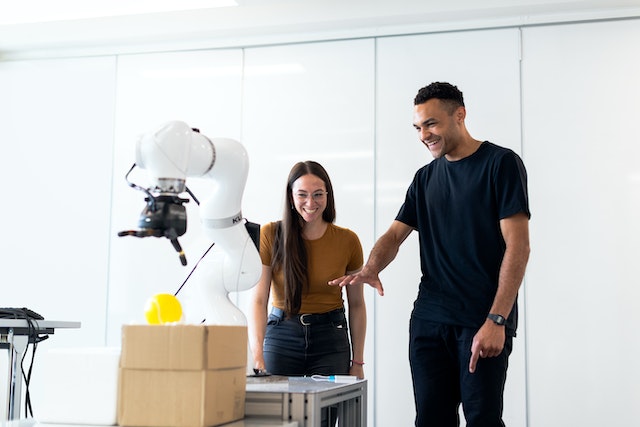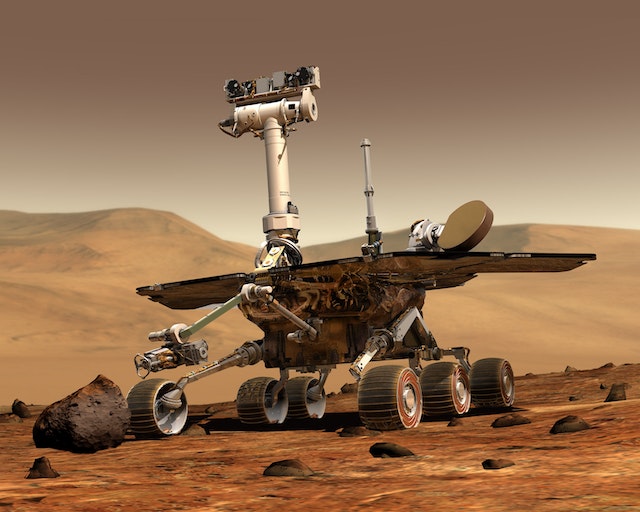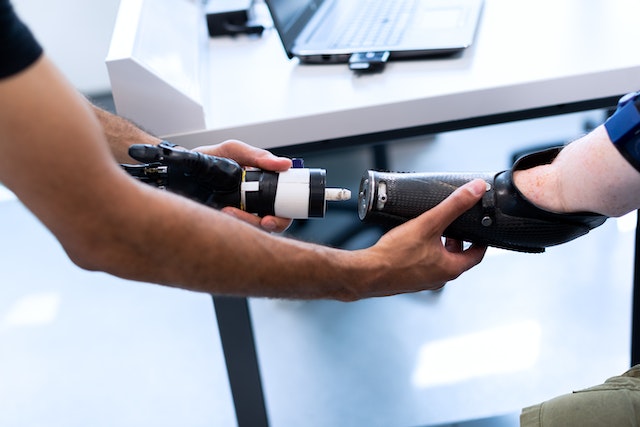Robotics is the interdisciplinary field of science and engineering that deals with the design, construction, operation, and use of robots. It combines mechanical engineering, electrical engineering, and computer science to create machines that can perform tasks autonomously or semi-autonomously.
The history of robotics can be traced back to ancient times, with the development of simple automata and mechanical devices. The modern concept of robotics began in the 20th century with the introduction of programmable machines. The first industrial robot, Unimate, was introduced in 1961 and was used for tasks such as welding and moving heavy objects in a factory setting.
Robotics has a wide range of applications across various industries, including manufacturing, agriculture, healthcare, and entertainment. Some examples of robotic applications are:
Robotics plays a significant role in today's digital age, as it has the potential to transform industries and improve the quality of life. The advancements in robotics can lead to increased efficiency, cost savings, and improved safety in various sectors. Moreover, robotics can help address some of the world's most pressing challenges, such as climate change, food security, and healthcare.
As technology continues to advance, the field of robotics is expected to grow exponentially. The integration of artificial intelligence (AI) and machine learning will enable robots to become more autonomous, adaptable, and capable of performing complex tasks. The future of robotics will likely see the development of more sophisticated robots that can collaborate with humans, improve our daily lives, and tackle global challenges.



